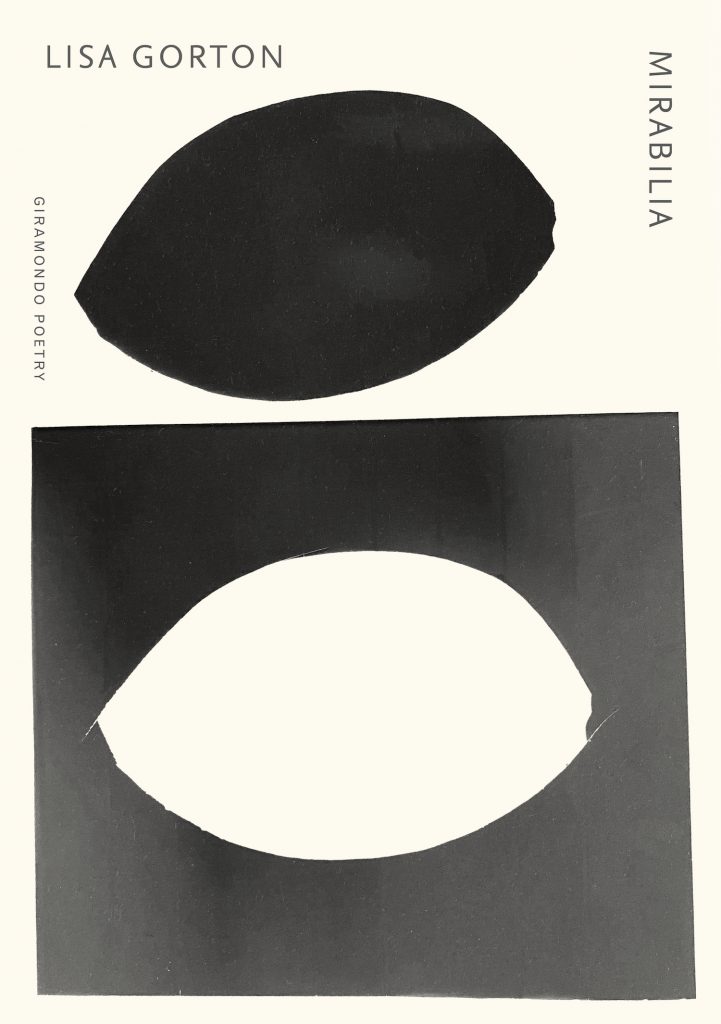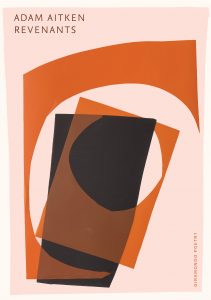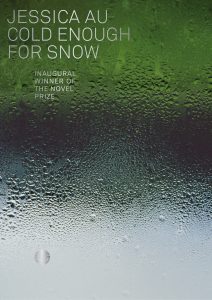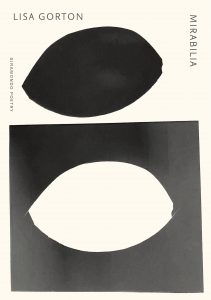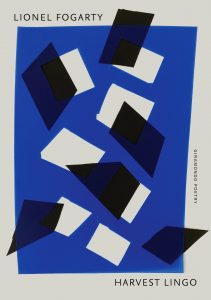Aitken, Au, Fogarty and Gorton shortlisted for the NSW Premier’s Literary Awards
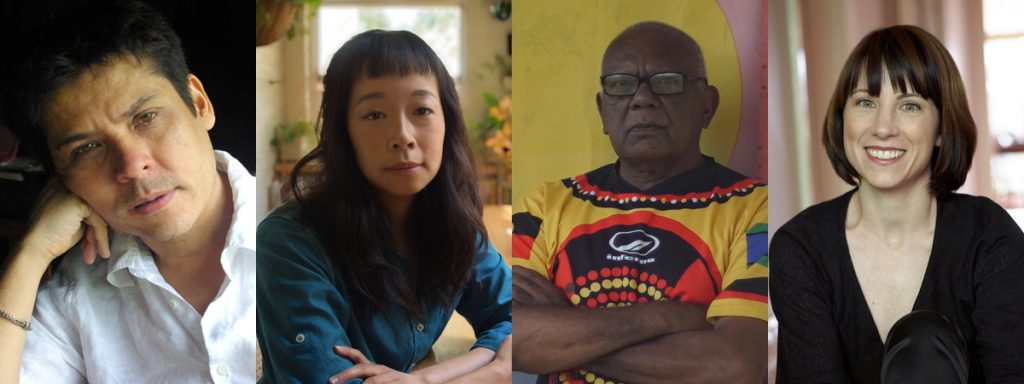
Three Giramondo poets and one novelist have been shortlisted for the 2023 NSW Premier’s Literary Awards. The shortlisted works:
Revenants by Adam Aitken – Poetry Award
Cold Enough for Snow by Jessica Au – Fiction Award
Harvest Lingo by Lionel Fogarty – Indigenous Writer’s Prize
Mirabilia by Lisa Gorton – Poetry Award
Read the judges’ comments below. Congratulations to these authors, and to all of this year’s finalists.
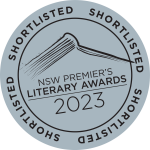
Revenants by Adam Aitken
Shortlisted for the Kenneth Slessor Prize for Poetry
Revenants is a mesmerising collection of wistful, atmospheric poems that speak of returnings and revisitations, of the impossible desire to embody and inhabit the past. The poet guides us through places, people and events which no longer exist, but have left their indelible shadows on this earth. Aitken questions what it means to be haunted, and seamlessly juxtaposes the prosaic with the poetic, at times self-consciously subverting the artistic impulse with wry humour.
With characteristic gentleness and a deft lightness of touch, Aitken displays his restless curiosity and probing intelligence throughout the poems, all the while dancing upon strange currents of longing, loneliness and resignation. Throughout the collection, Revenants reiterates the questions that underpin our meaning-making in this world: What does it mean to be alive? What does it mean to be dead? ‘We enter this room / and all stop talking. / Maybe it’s like this / beyond the canvas’.
— Judges’ comments

Cold Enough for Snow by Jessica Au
Shortlisted for the Christina Stead Prize for Fiction
Vote for the book in the NSWPLA People’s Choice Awards here. Voting closes 14 April 2023.
A masterpiece of observation and subtle insight, this exquisite novel uses crisp prose and the deceptive simplicity of its narrative to bring intimate relationships to shimmering life. A daughter and mother meet for a holiday in Japan. The narrator-daughter observes her mother as they wander through the streets of Tokyo, into galleries, temples and shops, and into tentative conversations that evoke their shared and separate and sometimes imagined experiences.
As each deftly rendered episode flows onto the next, a meditation emerges on the elusive, shifting web of meaning made by stories, memories and images in our lives. Deeply felt and brilliantly restrained, this book conveys the often-contradictory dynamics in the parent–child relationship, the way in which both alienation and intimacy, and difference and resonance, shape the relationships between the narrator and her mother, and the narrator with herself.
— Judges’ comments
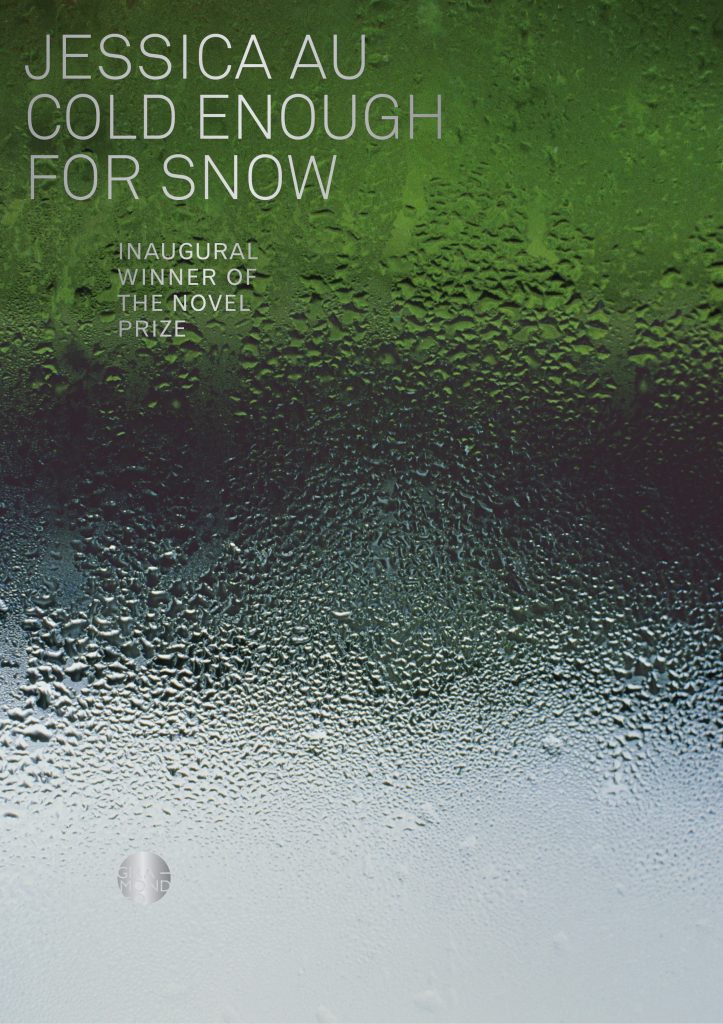
Harvest Lingo by Lionel Fogarty
Shortlisted for the Indigenous Writers’ Prize
This extraordinary volume of poetry from renowned Yugambeh poet Lionel Fogarty is urgent, poignant and compelling. It reckons with history, interconnectedness and injustice, interweaving individual experience with the larger webs of relationships that link First Nations peoples to each other whilst also speaking to connections with colonised peoples elsewhere. Throughout, Fogarty interrogates expression and form, wielding the English language itself as a decolonising tool. The poet challenges empire while portraying the lives and experiences of First Nations peoples with intimacy and grace.
Harvest Lingo invites the reader into dialogues that stretch across time, space, and place. This collection is uncompromising in its demand that the voices of First Nations peoples, communities and Countries be heard on our own terms. Every carefully chosen word connects with others to form a rhythm that is sometimes gentle and sometimes fierce, mirroring the heartbeats of peoples, place and resistance that shape this collection.
— Judges’ comments
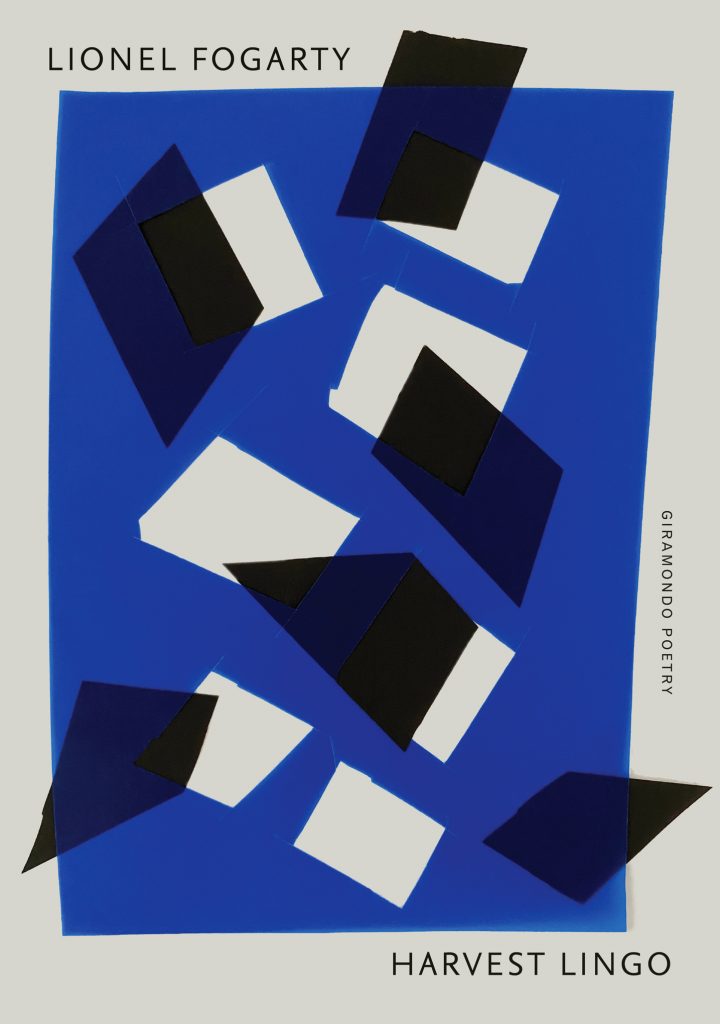
Mirabilia by Lisa Gorton
Shortlisted for the Kenneth Slessor Prize for Poetry
Mirabilia’s poems stem from deep, eclectic research. As they unpick and anatomise ekphrastic practices (sometimes gutting them), they are propelled by a powerful interest in justice, especially concerning women’s lives and the more-than-human world. The poems’ method involves looking again, assembling evidence in patterns so that poems speak to one another. Lines and images bounce between poems, repositioned, restive. These astounding poems unfold like the chambers of a nautilus: spiralling, repeating in dazzling patterns.
An eye/I hovers but is brought into question for its complicity in ways of seeing that have cramped or violated the lives and conditions Gorton explores. This eye/I is unsettled, elided, displaced, mirrored and measured. Gorton’s intelligent and inventive poems dwell between the lines of history, art and poetry, cerebral, mysterious and often devastating. They bring to poetry a heteroglossia usually confined to fiction in their exhilarating consideration of how art might be made and unmade.
— Judges’ comments
